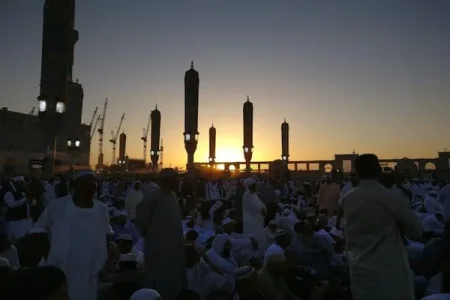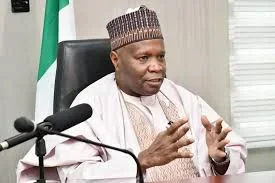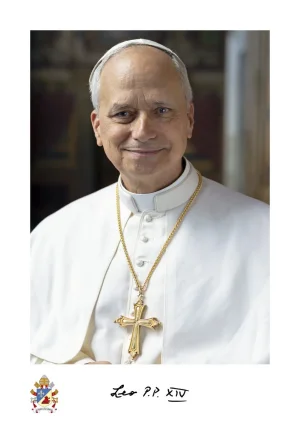
Authorities in the Kingdom of Saudi Arabia declared on Monday that the new moon crescent, symbolizing the onset of Shawwal and the conclusion of Ramadan, remained elusive to the human eye. This proclamation sets the duration of Ramadan fasting to be 30 days, with the joyous occasion of Eid-el-Fitr slated for Wednesday within the Kingdom.
Haramain, a prominent Saudi-based online resource, conveyed the official word, emphasizing the absence of the crescent moon in the Saudi skies. "Eid Al Fitr will be celebrated on Wednesday, 10th April 2024," the announcement proclaimed, echoing the sentiments shared across the nation.
Amidst this declaration, fervent prayers were offered, invoking the blessings of Allah and seeking His favor for the devout. "May Allāh allow us to utilize the remaining moments of this blessed month to engage in that which pleases Him," the statement read, encapsulating the collective hope for spiritual enrichment and divine acceptance of prayers.
The decision reverberates not only across Saudi Arabia but also resonates globally within the Muslim community. As the faithful adherents observe the culmination of Ramadan, the significance of this proclamation extends beyond mere calendrical adjustments. It embodies the spiritual journey, discipline, and devotion encapsulated within the sacred month.
Meanwhile, in Nigeria, the Sultan of Sokoto, Muhammad Abubakar, urged Muslims to await the sighting of the new moon of Shawwal 1445 AH on Monday. This underscores the global unity in the anticipation of Eid celebrations, where the moon's appearance serves as a unifying marker for believers worldwide.
However, amidst this anticipation, Nigerians are grappling with confusion regarding the implications for their holiday. With the Saudi announcement designating Wednesday as Eid-el-Fitr, questions arise about the alignment of Nigerian public holidays. Uncertainty looms as citizens wonder whether the Saudi decision will impact the scheduled holidays declared by the federal government.




